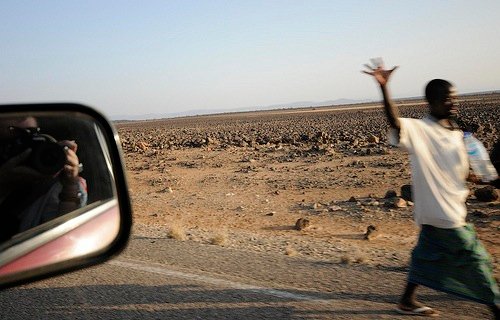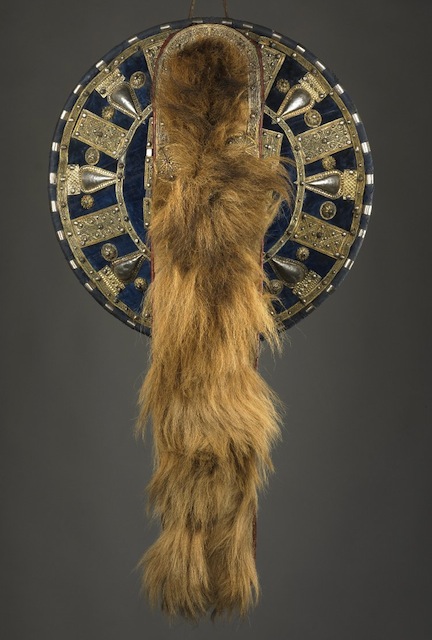Who Needs a Story? is my book from Eritrea for the Read The World challenge. Given that the country only gained independence in 1993 after a 30 year war, it’s not really surprising that the anthology is dominated by patriotic poems about the Eritrean struggle.

Unfortunately, most of them read as very generic examples of the type: you would at most have to change a few place names for them to work equally well for any national conflict of the past 100 years. Which is ironic because the entire purpose of the anthology is, pretty explicitly, to demonstrate a distinctively Eritrean literature to the world and to help a new country to take its place among the literary community of nations.
It’s possible, of course, that the original poems had more literary merit, and a more distinctively Eritrean flavour, which went missing in translation. But it’s not obvious.
However, in among the boring patriotic poems were some more interesting bits and pieces. There are some poems on other subjects: love, parenthood, salt. And one or two poets managed to find interesting thing to say about the war, or at least more interesting ways to say them. I thought this was one of the better ones, by Mohammed Mahmoud El-Sheikh (Madani):
Letter from Aliet
My dear friends,
I’ve been fighting so long here
That all the birds have died
And my gun has grown into my shoulder.
I sing for all of us denied
Our basic rights and a decent wage.
I won’t beg for freedom or stop singing.
We’re taking Barentu tonight
And meeting like a groom and bride —
Not with the usual ceremony
But with guns
Singing, bullets for kisses
And shrapnel to caress us
All over our beautiful bodies
Come to the end of brutality
By exploding on top of the enemy.
My dear friends —
No more rooms of our dreams gone up
In the smoke of self-perpetuating
Politicians pretending
They will back our cause.
We’ll make it
On our land and for our land:
Sunlight aglow in good work’s sweat,
Farmers who wed the art of peace,
The wounded under their triumphal arch
And the trigger locked
In the revolution’s palm.


